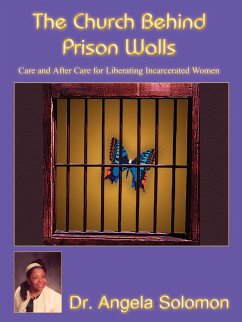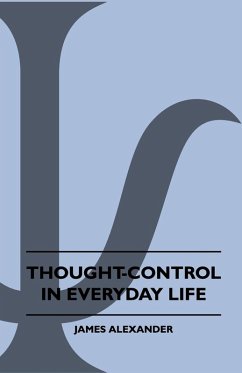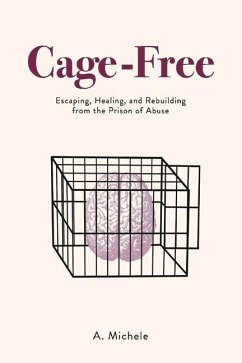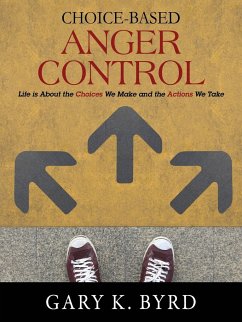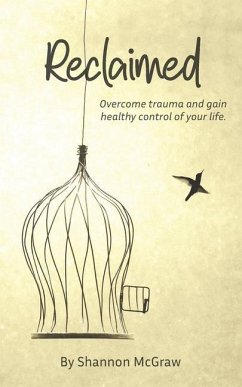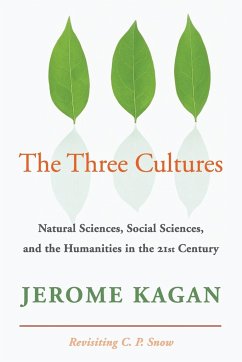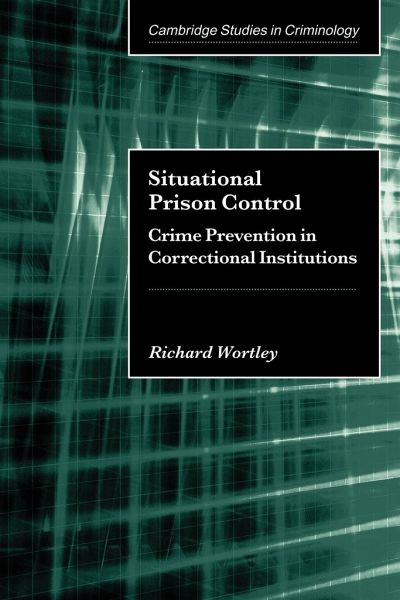
Situational Prison Control
Crime Prevention in Correctional Institutions
Versandkostenfrei!
Versandfertig in 1-2 Wochen
46,99 €
inkl. MwSt.
Weitere Ausgaben:

PAYBACK Punkte
23 °P sammeln!
This book examines the control of prison disorder through the application of situational crime prevention principles. It spans two subject areas--crime prevention and corrections--and may interest academics as well as practitioners in these fields. On one hand, the book presents a new model of situational prevention that has applications beyond institutions to community settings. On the other, the examination of particular problem behaviors provides a comprehensive review of the prison control literature that does not depend upon a specific interest in situational crime prevention.





